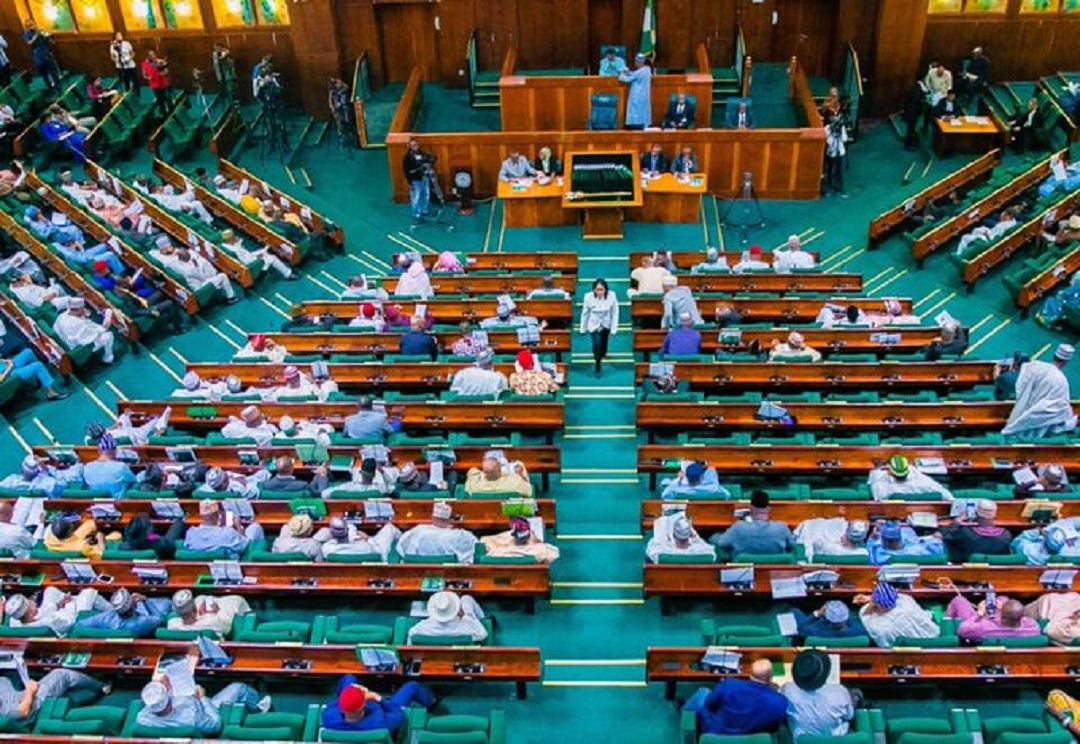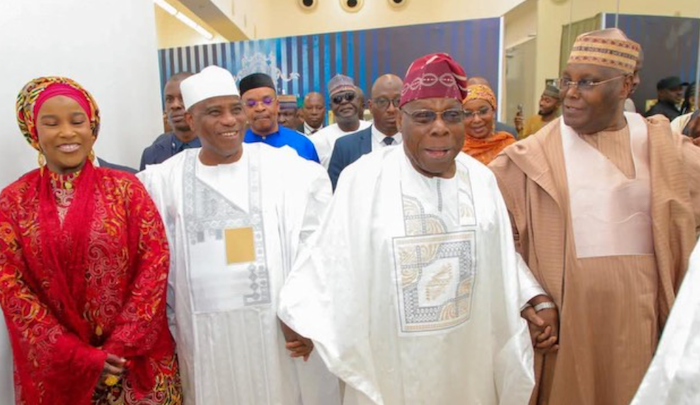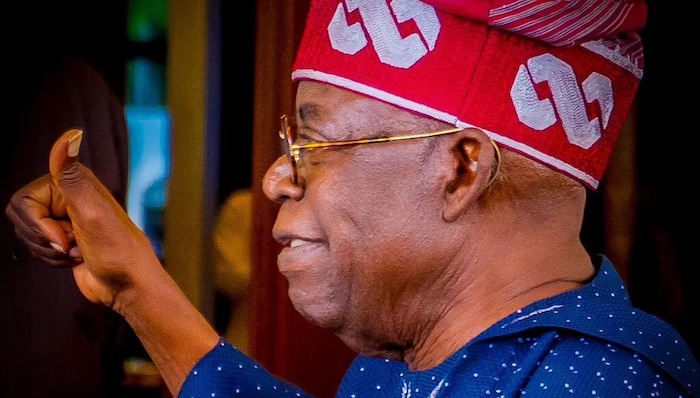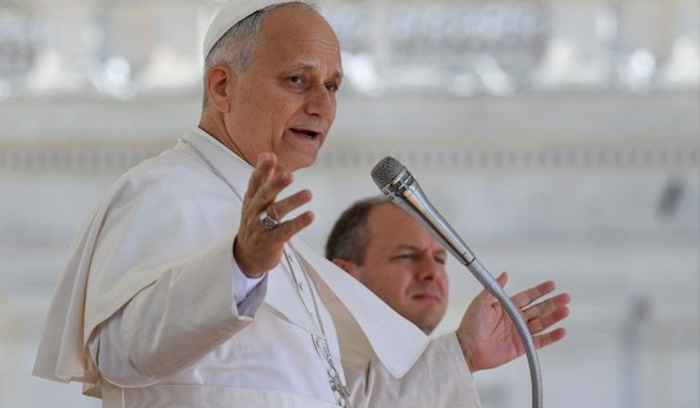
Nwogu-led ad-hoc committee to probe multiple levies, non-remittance of deductions, and unfair banking fees….
The House of Representatives has inaugurated an ad-hoc committee to investigate growing concerns over multiple and excessive deductions from the earnings of civil and public servants, as well as the rising burden of bank charges faced by customers across the country.
The committee, chaired by Hon. Kelechi Nwogu of Rivers State, was officially inaugurated in Abuja on Thursday by the Speaker of the House, Rt. Hon. Tajudeen Abbas, who was represented by the Chief Whip, Hon. Bello Kumo.
Nigerians have in recent months voiced increasing frustration over unexplained cuts from their salaries and bank accounts. Many public sector workers say they are weighed down by overlapping taxes, levies, and statutory deductions that shrink their already strained incomes.
At the same time, customers of commercial banks have accused financial institutions of imposing multiple and unclear charges ranging from stamp duty and Value Added Tax (VAT) to card maintenance and transfer fees sometimes applied simultaneously on a single transaction.
Lawmakers Demand Answers
Speaker Abbas said the House took the decision to act after receiving numerous petitions and complaints from citizens. He noted that the 10th National Assembly remains committed to protecting Nigerians from exploitative financial practices that worsen their economic hardship.
“It is a privilege to inaugurate this committee dedicated to investigating tax deductions and excessive bank charges burdening Nigerians,” Abbas said. “Public servants who work tirelessly for our nation should not continue to suffer unjust financial practices that erode their hard-earned income.”
The Speaker expressed particular concern about the erosion of public trust in Nigeria’s banking sector, stressing that the issue of multiple charges and unclear deductions “undermines confidence and places an undue strain on citizens’ finances.”
He charged the committee to conduct its work with integrity, objectivity, and fairness, engaging relevant stakeholders including the Central Bank of Nigeria (CBN), Federal Inland Revenue Service (FIRS), commercial banks, and civil society groups to ensure a thorough and credible investigation.
‘We Can No Longer Ignore Citizens’ Frustrations’
In his remarks, Committee Chairman Kelechi Nwogu described the probe as a “pivotal step” toward ensuring fairness and accountability in both public and private financial systems.
“It is with great honour and a profound sense of duty that I stand before you today as Chairman of this ad-hoc committee,” Nwogu said. “We are responding to citizens’ concerns to ensure that financial practices in Nigeria align with the principles of justice and equity.”
He said the committee would focus on investigating the nature, legality, and application of various deductions and taxes imposed on civil and public servants. It will also probe allegations of non-remittance of pension, housing, and other statutory contributions deducted from workers’ pay.
On the banking side, Nwogu said the committee would review the range of fees and charges applied to customer accounts including situations where multiple levies are stacked on a single transaction with the aim of ensuring transparency and consumer protection.
“We aim to identify irregularities, recommend reforms, and advocate for the rights of all Nigerians,” he stated. “Our mission is to ensure that these deductions and charges are fair, transparent, and just and we are prepared to make far-reaching recommendations, not minding whose ox is gored.”
He urged banks, regulatory agencies, and civil society organizations to cooperate fully with the committee, adding that its findings would go beyond identifying problems to proposing lasting, actionable solutions.
Towards Financial Justice and Transparency
The investigation, once concluded, is expected to shape major reforms in Nigeria’s tax and banking systems, restore public confidence, and promote a fairer financial environment for all citizens.
“We encourage participation from all stakeholders,” Nwogu said. “Together, we can build a more equitable financial system that truly serves Nigerians.”



